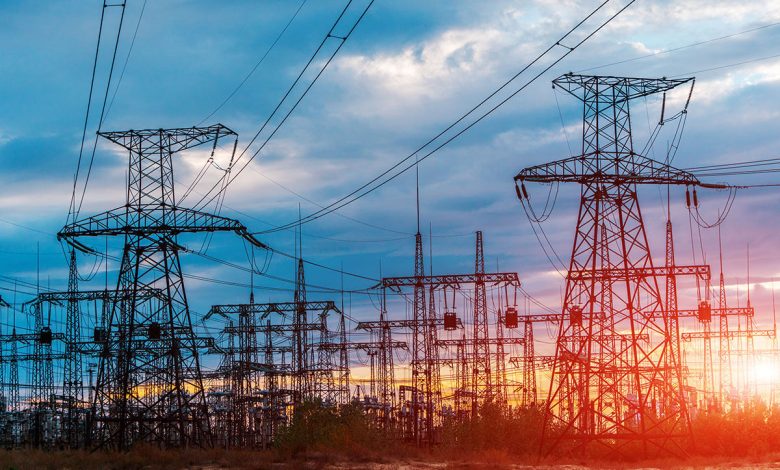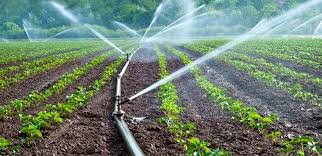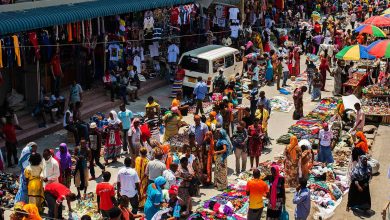Over 50pc hamlets connected to electricity

DAR ES SALAAM: MORE than half of Tanzania Mainland’s hamlets now have electricity, marking a significant milestone in the country’s rural electrification journey.
According to the Rural Energy Agency (REA), 33,657 out of 64,359 hamlets have been connected to the grid, with efforts underway to extend access to the remaining 30,702 by 2030, a goal contingent on continued funding and project execution.
REA’s Director of Rural Electrification, Engineer Jones Olotu, said this at the ongoing 49th Dar es Salaam International Trade Fair (DITF), where the agency is showcasing its progress, ongoing projects and alternatives sources of energy available in the country.
“All 12,318 villages across Tanzania Mainland are now fully electrified, the next phase focuses on reaching hamlets and we are already at 52.3 per cent coverage,” Eng Olotu said.
He further said that 7,736 hamlets are currently being connected through ongoing projects, while a major tender has been floated to cover an additional 9,009 hamlets.
“Once complete, this will leave 13,957 hamlets to be reached over the next five years, depending on resource availability.”
Eng Olotu said that the rural electrification drive is not only about access to power, but also about unlocking economic opportunities.
“We are witnessing a positive shift,” he said.
ALSO READ: Tanzania opts to use nuclear energy to generate electricity
“Many residents are using electricity to open salons, welding workshops, cold drink kiosks and halls for showing films and football matches. These activities are generating income and creating jobs.”
He added that in some areas, access to electricity has spurred the growth of smallscale agro-processing industries, helping farmers add value to their produce and expand market access.
While acknowledging that challenges remain, particularly around financing and infrastructure, REA expressed confidence that, with sustained support, the target of full hamlet electrification by 2030 is achievable.
Eng Olotu said the agency’s participation at the DITF highlights its commitment to equitable energy access as part of the national development agenda and global sustainable development goals.
REA is also using the trade fair platform to educate the public on renewable energy options, including solar and biogas, which are vital in hard-to-reach areas where grid extension is not immediately viable.
As part of the electrification effort, the government is also focused on providing free connections to citizens, with a nominal fee of 27,000/- required for installation.
This is a part of the government’s strategy to ensure that the rural population, especially in remote areas, can access essential services without being burdened by prohibitive costs.





